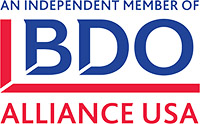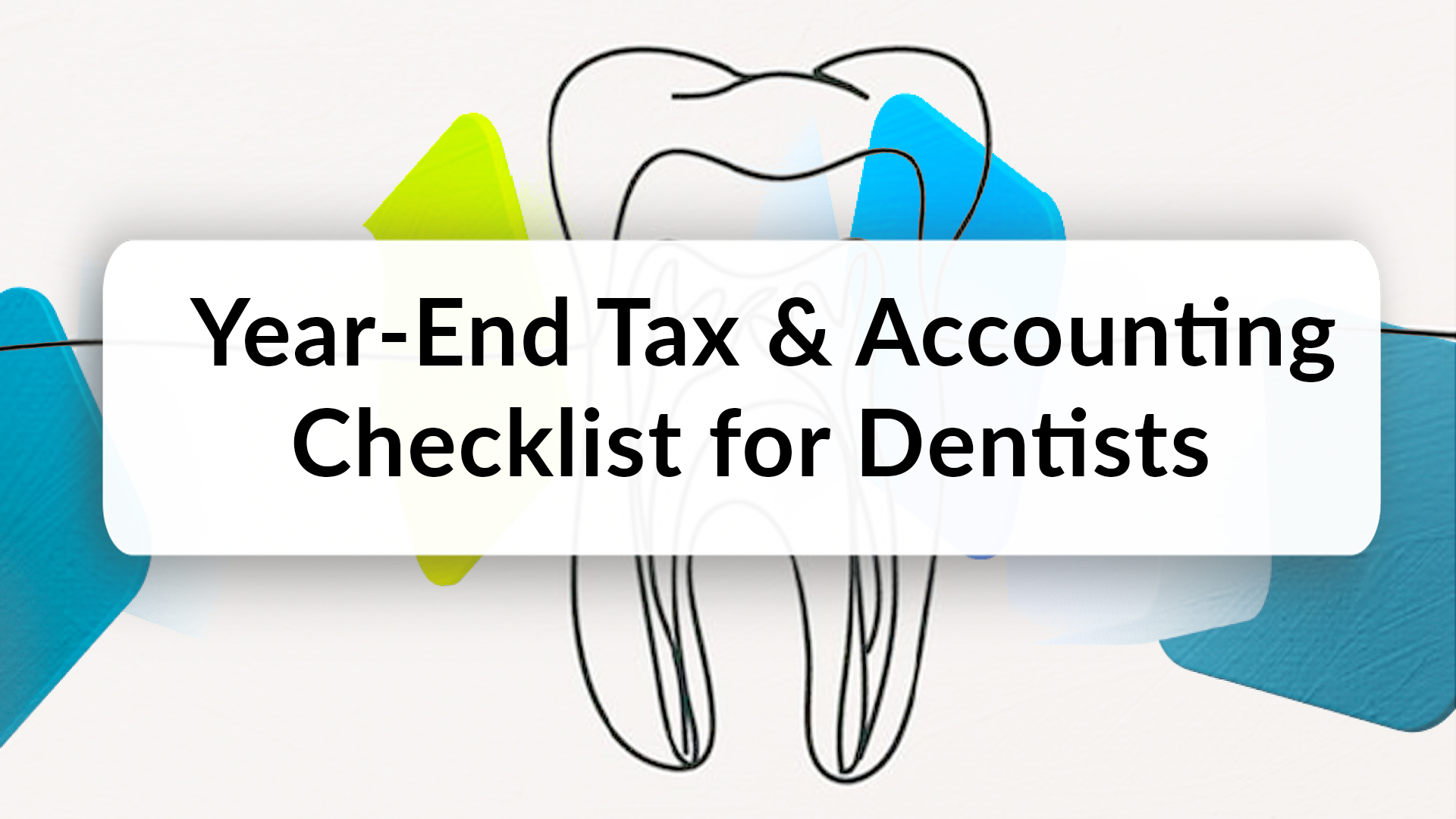
It is the middle of February and your friend gives you a phone call. She explains how a nice man from the Internal Revenue Service (IRS) gave her a call last week and helped her dodge a potential fine. Your heart begins to sink as she tells you that she mailed the man a $250 prepaid debit card to avoid any additional penalties. In this scenario, your friend was the victim of a scam that is common during tax season.

Recently I was the target of a scam attempt and almost a victim. In January I received an email from the “IRS” requesting that I click on a link and update my tax information for 2016. I stopped myself before I clicked on the link, but they would have undoubtedly requested that I provide my name, birthdate, address, and social security number – everything needed to commit identity theft.
Unfortunately, many people are targeted by these types of scams every year. Scammers rely on a person’s fear and lack of knowledge of the IRS’s procedures. The following are some tips that can help readers avoid becoming a victim of these scam attempts. All information was taken directly from the IRS website and summarized in this blog post:
- The first thing to remember is that if you owe any taxes or have a potential issue on your tax return, the IRS will contact you by mail as a first attempt to reach you. Later on you may be able to schedule a call with a registered agent, but a registered agent will most likely not call you out of the blue. If you receive a call that you are not expecting, the best thing to do is hang up immediately.
- The type of email I mentioned above is known as a phishing email, where the scammer is phishing for information. Do not respond to any unsolicited emails by anyone requesting your personal information (Ever!). Delete these emails immediately and do not click on any links as they may contain malware.
- The IRS will not demand a specific payment method such as a prepaid debit card (especially not for iTunes) and will not accept debit/credit card numbers over the telephone.
- The IRS will not threaten to send local law enforcement to arrest you if you do not pay your taxes.
- The IRS will not demand that you pay your taxes immediately without allowing you to file an appeal or send them additional documentation. Remember, if you have no reason to believe that you owe any additional taxes, then you have no reason to expect a call or make immediate payment.
In general, we do not expect to be contacted by the IRS; therefore, our first response is to panic if we think we are going to be penalized. It is important to remember that although the IRS is a governmental agency, you do have rights as a taxpayer. The best way to protect yourself from scams this tax season is to stay informed and understand standard IRS procedures.
Tim J. Smith




